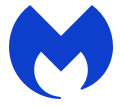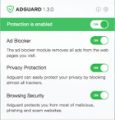What is UnitHandler
According to security researchers, UnitHandler is a PUP (potentially unwanted program) that falls under the category of Adware. Adware can make big problem to your Mac. Adware is a form of malware that displays unwanted advertisements in form of pop-ups, discount offers, promos or even fake alerts on the web-browser. Adware software can seriously affect your privacy, your computer’s performance and security. Adware can be installed onto your MAC unknowingly (it is frequently a web browser plugin).
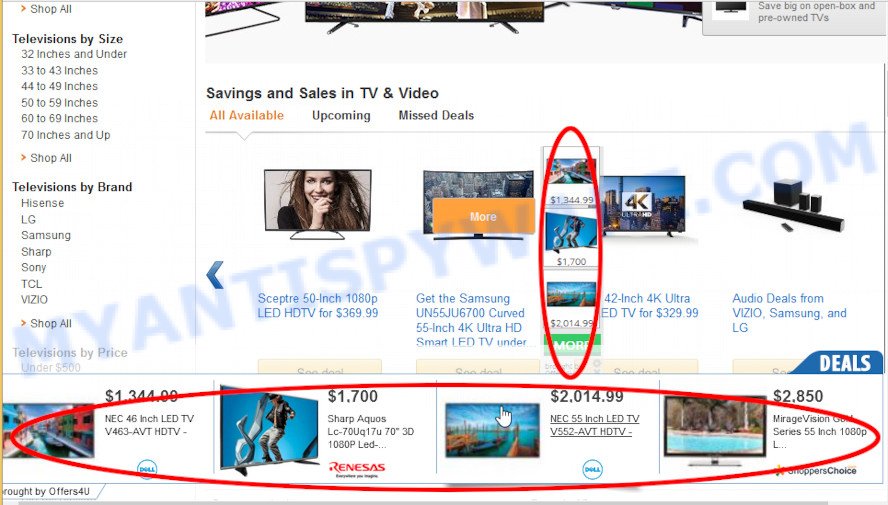
Unwanted ads
The worst is, adware is able to gather lots of marketing-type data about you such as what webpages you are opening, what you are looking for the Web and so on. This personal information, subsequently, may be transferred third party companies.
Therefore, UnitHandler does not really have beneficial features. So, we advise you remove it ASAP. This will also prevent the adware software from tracking your online activities. A full UnitHandler removal can be easily carried out using manual or automatic solution listed below.
How does UnitHandler get on your MAC system
Most often, adware software come bundled with the setup files from file sharing and torrents websites. So, install free programs is a a good chance that you will find a bundled adware software. If you don’t know how to avoid it, then use a simple trick. During the installation, choose the Custom or Advanced setup type. Next, click ‘Decline’ button and clear all checkboxes on offers that ask you to install additional applications. Moreover, please carefully read Term of use and User agreement before installing any applications or otherwise you can end up with another unwanted program on your MAC such as this adware software.
Threat Summary
| Name | UnitHandler, UnitHandler 1.0 app |
| Type | adware, PUP (potentially unwanted program), Mac virus, Mac malware |
| Detection Names | Program:MacOS/Vigram.A, MacOS.Agent-MT, ApplicUnwnt, Trojan-Downloader.OSX.Adload, Adware.MAC.Generic, Adware/Adload!OSX, Osx.Adware.Cimpli and OSX.Trojan.Gen |
| Distribution | Freeware installers, torrent downloads, fake updaters and malicious popup ads |
| Symptoms | The web page links redirect to a web pages different from what you expected, unclosable window appear and recommend fake Flash updates, unexpected program installed without your knowledge, new icons on your desktop, your Mac settings are being modified without your request, your internet browser slows to a crawl. |
| Removal | UnitHandler removal guide |
How to remove UnitHandler adware
Without a doubt, UnitHandler is harmful to your MAC. So you need to quickly and completely delete this adware program. To remove this adware, you can use the manual removal steps that are given below or free malicious software removal utility like MalwareBytes AntiMalware (it is free). We suggest you use automatic removal way which will help you to remove UnitHandler easily and safely. Manual removal is best used only if you’re well versed in MAC system or in the case where adware software is not uninstalled automatically. Some of the steps below will require you to exit this web page. So, please read the tutorial carefully, after that bookmark it or open it on your smartphone for later reference.
To remove UnitHandler, complete the steps below:
- Remove profiles created by UnitHandler
- Check the list of installed applications
- Remove UnitHandler related files and folders
- Scan your Mac with MalwareBytes
- Remove UnitHandler from Safari, Chrome, Firefox
- How to stay safe online
- Finish words
Remove profiles created by UnitHandler
UnitHandler can make changes to the Mac system such as malicious changes to browser settings, and the addition of malicious system profiles. You need to check the system preferences, find and remove malicious profiles and ensure your settings are as you expect.
Click Apple menu ( ![]() ) > System Preferences.
) > System Preferences.
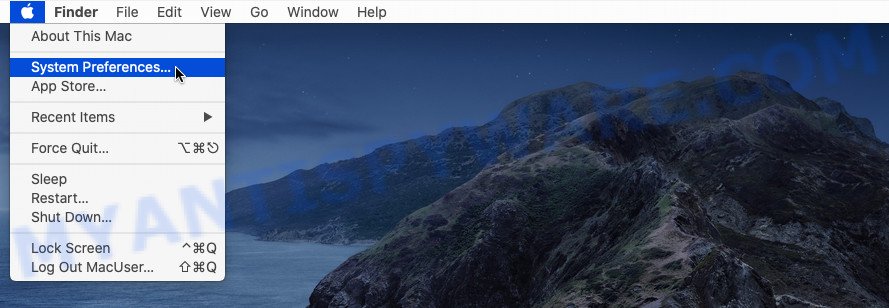
In System Preferences, select Profiles. if there is no Profiles in the list of preferences, that means there are no profiles installed on the Mac. If there is Profiles in the list, then click on it, then select a profile associated with UnitHandler.
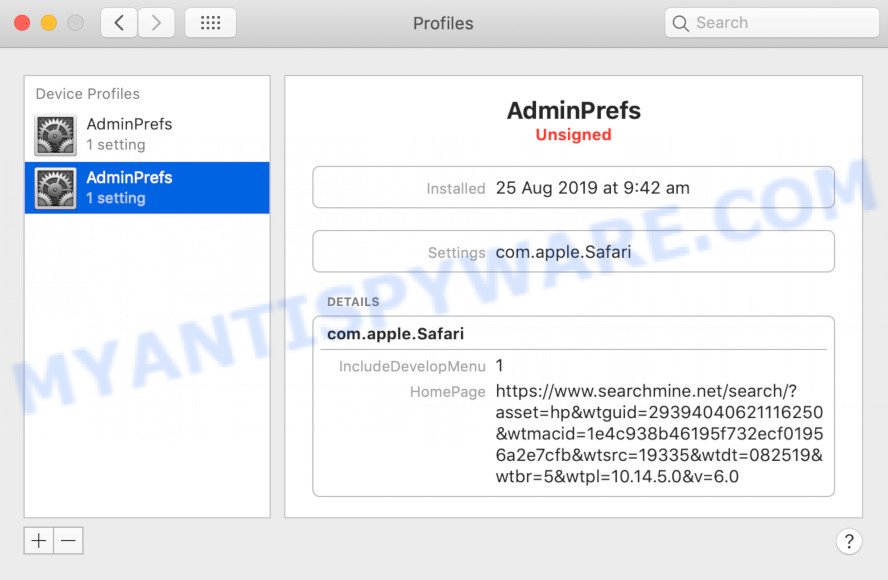
To delete a malicious profile, click on the minus button ( – ) located at the bottom-left of the Profiles screen.
Check the list of installed applications
In the next step, you need to check the list of installed applications on your Mac device and delete all unused, unknown and questionable apps.
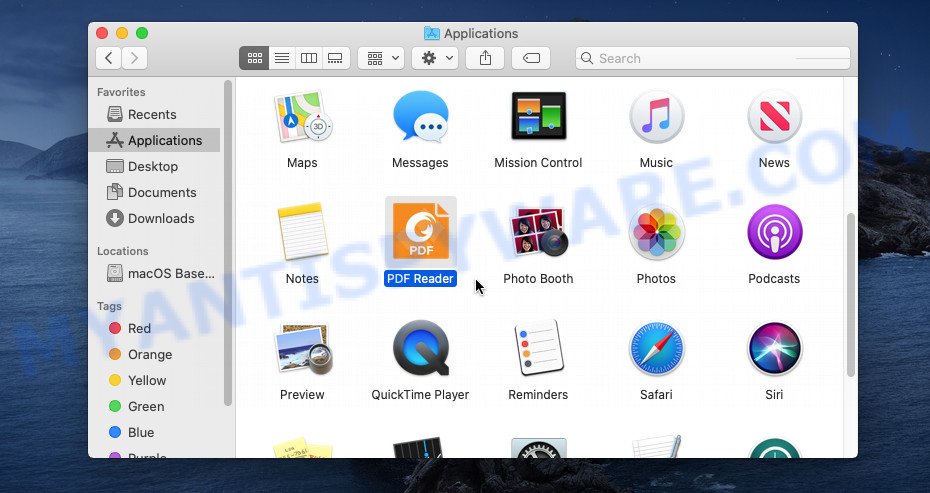
- Open the Finder.
- Click “Applications”.
- It will show a list of all apps installed on the Apple Mac.
- Scroll through the all list, and uninstall dubious and unknown applications. Pay maximum attention to the program you installed last.
- Drag the dubious program from the Applications folder to the Trash.
- Empty Trash.
Remove UnitHandler related files and folders
Now you need to try to find UnitHandler related files and folders, and then delete them manually. You need to look for these files in certain directories. To quickly open them, we recommend using the “Go to Folder…” command.
UnitHandler creates several files, these files must be found and removed. Below is a list of files associated with this unwanted program.
- /Library/LaunchDaemons/com.UnitHandler.system.plist
- ~/Library/LaunchAgents/com.UnitHandler.service.plist
- /Library/Application Support/.(RANDOM)/System/com.UnitHandler.system
- ~/Library/Application Support/.(RANDOM)/Services/com.UnitHandler.service.app
Click on the Finder icon. From the menu bar, select Go and click “Go to Folder…”. As a result, a small window opens that allows you to quickly open a specific directory.

Check for UnitHandler generated files in the /Library/LaunchAgents folder

In the “Go to Folder…” window, type the following text and press Go:
/Library/LaunchAgents
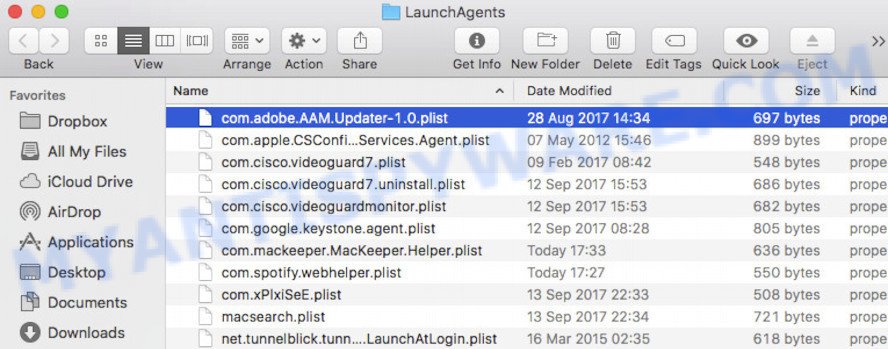
This will open the contents of the “/Library/LaunchAgents” folder. Look carefully at it and pay special attention to recently created files, as well as files that have a suspicious name. Move all suspicious files to the Trash. A few examples of files: com.net-preferences.plist, macsearch.plist, search.plist, com.machelper.plist, installapp.plist, com.UnitHandler.service.plist and com.google.defaultsearch.plist, . Most often, potentially unwanted programs, adware software and browser hijackers create several files with similar names.
Check for UnitHandler generated files in the /Library/Application Support folder

In the “Go to Folder…” window, type the following text and press Go:
/Library/Application Support
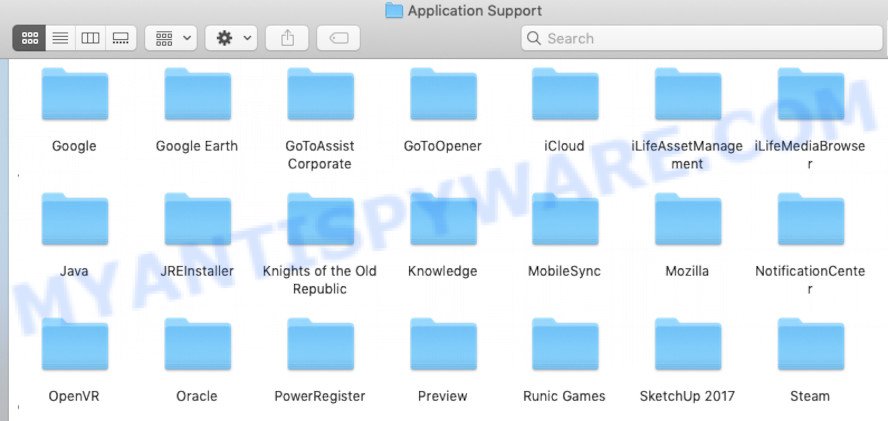
This will open the contents of the “Application Support” folder. Look carefully at its contents, pay special attention to recently added/changed folder. Check the contents of suspicious folders, if there is a file with a name similar to com.UnitHandler.system, then this folder must be deleted. Move all suspicious folders to the Trash.
Check for UnitHandler generated files in the “~/Library/LaunchAgents” folder

In the “Go to Folder…” window, type the following text and press Go:
~/Library/LaunchAgents

Proceed in the same way as with the “/Library/LaunchAgents” and “/Library/Application Support” folders. Look for suspicious and recently added files. Move all suspicious files to the Trash.
Check for UnitHandler generated files in the /Library/LaunchDaemons folder
In the “Go to Folder…” window, type the following text and press Go:
/Library/LaunchDaemons

Carefully browse the entire list of files and pay special attention to recently created files, as well as files that have a suspicious name. Move all suspicious files to the Trash. A few examples of files to be deleted: com.macsearch.system.plist, com.search.system.plist, com.UnitHandler.system.plist, com.installapp.system.plist and com.machelper.system.plist. In most cases, PUPs, browser hijackers and adware software create several files with similar names.
Scan your Mac with MalwareBytes
If you’re still having problems with the UnitHandler removal or just wish to scan your Mac occasionally for adware and other malware, then download MalwareBytes. It is free for home use, and finds and deletes various unwanted applications that attacks your MAC or degrades MAC OS performance. MalwareBytes Anti-Malware can delete adware, toolbars, potentially unwanted programs and browser hijackers as well as malicious software, including ransomware and trojans.
Installing the MalwareBytes Anti Malware (MBAM) is simple. First you will need to download MalwareBytes AntiMalware on your MS Windows Desktop by clicking on the link below.
20943 downloads
Author: Malwarebytes
Category: Security tools
Update: September 10, 2020
When downloading is finished, close all windows on your Apple Mac. Further, run the saved file. Follow the prompts.
The MalwareBytes AntiMalware will automatically start and you can see its main window as displayed in the figure below.
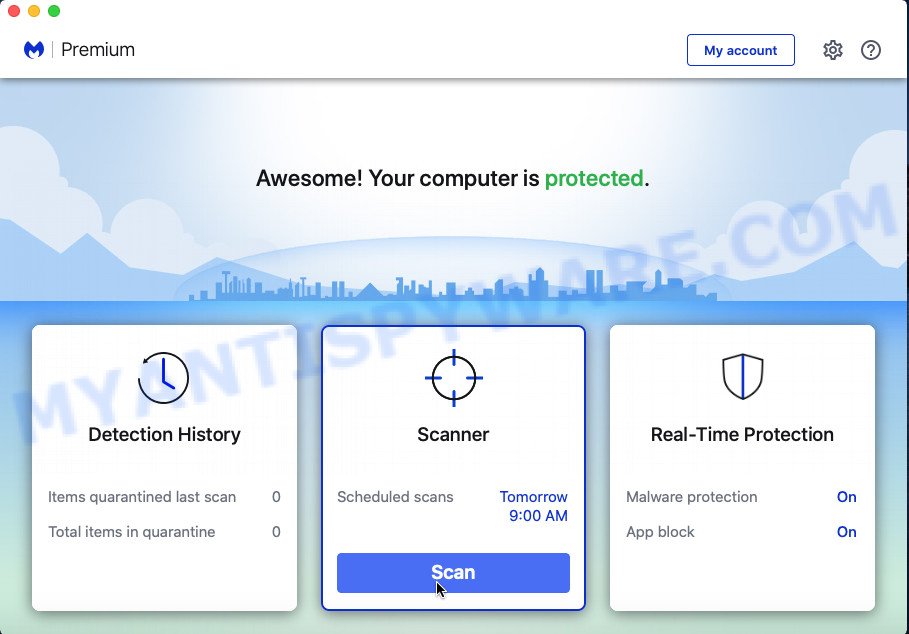
Next, click the “Scan Now” button to perform a system scan with this tool for the UnitHandler adware. Depending on your MAC OS, the scan can take anywhere from a few minutes to close to an hour. During the scan MalwareBytes Anti-Malware (MBAM) will scan for threats present on your MAC OS.
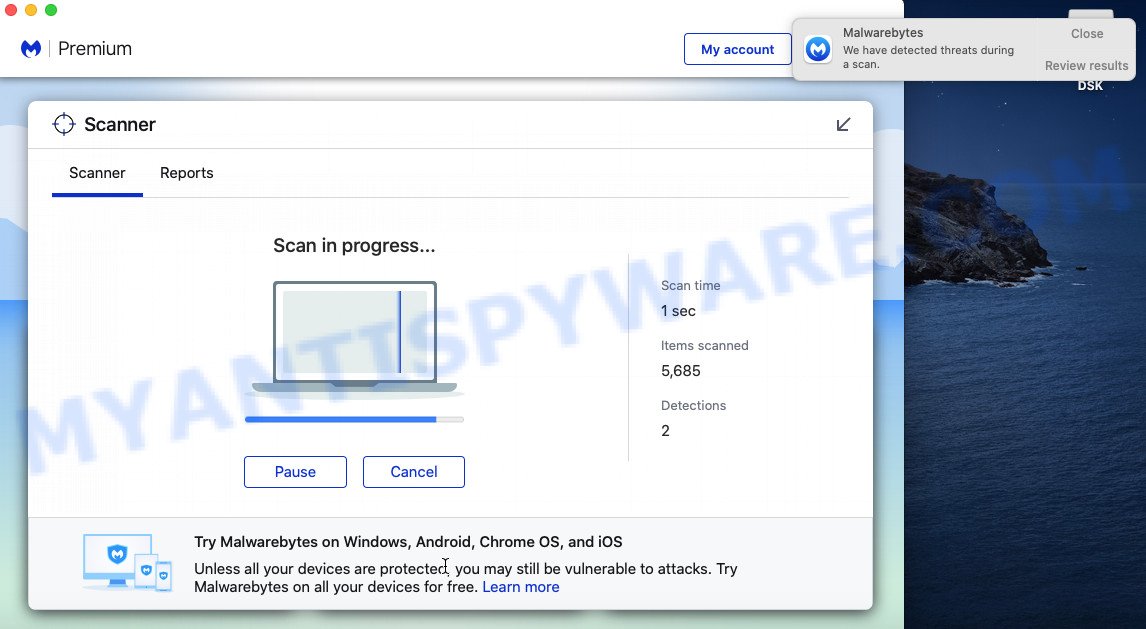
When the system scan is finished, MalwareBytes Anti-Malware (MBAM) will show a scan report. Next, you need to press the “Quarantine” button.
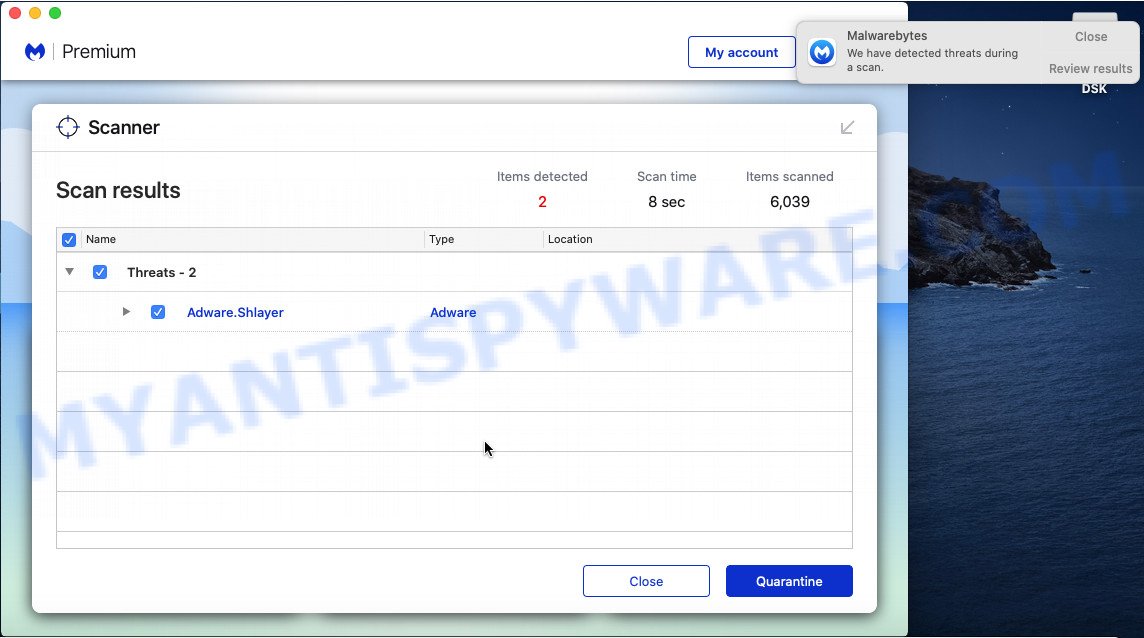
The MalwareBytes will remove UnitHandler adware software.
Remove UnitHandler from Safari, Chrome, Firefox
If you’re still seeing UnitHandler adware software that won’t go away, you might have harmful extensions installed on your web browser. Check your web browser for unwanted extensions using the steps below.
You can also try to delete UnitHandler adware by reset Google Chrome settings. |
If you are still experiencing problems with UnitHandler adware removal, you need to reset Mozilla Firefox browser. |
|
How to stay safe online
Using an ad-blocking program such as AdGuard is an effective way to alleviate the risks. Additionally, ad-blocking applications will also protect you from harmful advertisements and webpages, and, of course, stop redirection chain to misleading, scam and similar web-sites.
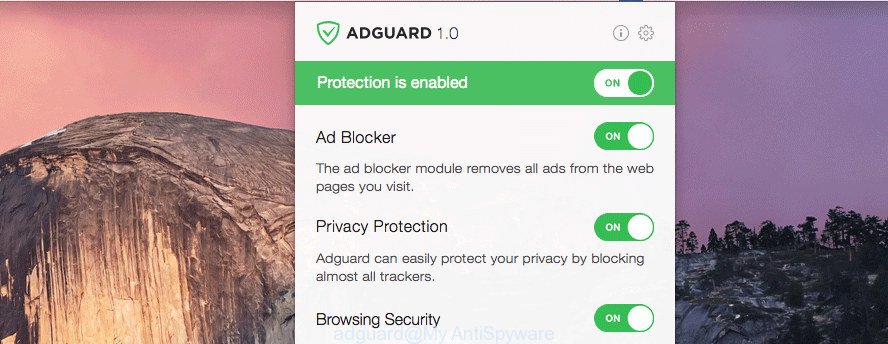
- Please go to the link below to download AdGuard.
AdGuard for Mac download
3752 downloads
Author: © Adguard
Category: Security tools
Update: January 17, 2018
- After the download is complete, start the downloaded file. You will see the “Setup Wizard” program window. Follow the prompts.
- After the install is finished, press “Skip” to close the install program and use the default settings, or press “Get Started” to see an quick tutorial that will help you get to know AdGuard better.
- In most cases, the default settings are enough and you do not need to change anything. Each time, when you launch your MAC, AdGuard will start automatically and stop intrusive ads, block malicious and misleading webpages.
Finish words
Now your MAC OS should be free of the UnitHandler adware. We suggest that you keep AdGuard (to help you block unwanted ads and unwanted malicious web-pages) and MalwareBytes Free (to periodically scan your MAC for new adwares and other malicious software).
If you are still having problems while trying to get rid of UnitHandler from the Google Chrome, Firefox and Safari, then ask for help here here.
